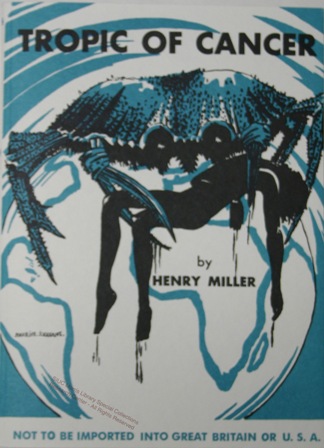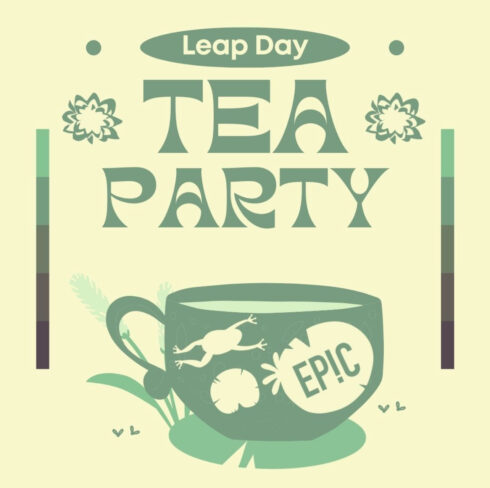English class in high school may have ruined books for many, but I still gasp whenever I find a dusty old tome in the back of a library. I grew up reading books, so no matter how many awful old books I’ve been forced to read, there are still plenty out there that actually rock. I, for one, will never say that Nathaniel Hawthorne actually contributed to literature, but I have much respect for many other authors.
Old books may have been given a bad reputation by your high school teacher, but here are a few old books that are incredible enough to still be read in this day and age. For your reference, “old books” will be defined as pieces of literature written before 1950. And I’ve read all these, so this isn’t a secondhand recommendation.
7. “Cannery Row” by Steinbeck (1945). Starting with the newest book on this list, “Cannery Row” is a hidden gem of a relatively recent novel. This book is about everyday life in Monterey, Calif., where every character and location is lavishly developed. There may not be an epic arc of adventure the drives the plot, but that is part of the attraction of “Cannery Row.” Told through a series of vignettes, the reader grows to understand the hardship of everyday life during the Great Depression, and how everyday people dealt with getting by.
6. “The Art of War” by Sun Tzu (Late 6th Century B.C.). The oldest book on the list is one of the most persistently relevant pieces of writing in the history of man. “The Art of War” is literally a handbook on how to conduct war, plain and simple. That may sound boring, but it definitely is not. The rules that Sun Tzu lays out still apply to warfare today, and the insights that he provides into the management of troops is actually rife with psychological wisdom. Long before Freud, Sun Tzu figured out that people respond better to positive reinforcement.
5. “The Canterbury Tales” by Chaucer (Late 14th Century A.D.). Keep in mind that this book was never finished. Considering that, this book has much more to offer than many other completed books. There are raunchy, bawdy tales of sexual exploits. There are profound tales of genuine kindness. There is so much in “The Canterbury Tales” that it is easy to forget the fact that the book isn’t even halfway done. Chaucer took on a massive task, and then died, so we’ve got what he did manage to write, which is pretty cool.
4. “Don Quixote” by Cervantes (1605 and 1615). To be fair, the original Spanish form of this book is better than the English translation. If you speak Spanish, then read the old text. If you don’t speak Spanish, then read it in English; it’s still good. I’m sure you’ve heard of this book, but never read it, so pick it up. It’s about a senile old man with a grudge against windmills. What more could you ask for?
3. “Beowulf” by Anonymous (Somewhere between the 8th Century A.D. and the 11th Century A.D.). This is not the shitty, faux-CGI adaptation; this is the real thing. The English is old and funky, but that cannot possibly take away from just how epic this story is. A monster gets his arm ripped off, the monster’s mother seduces the hero, the hero kills her anyway, and there is one angry dragon in need of a beating. It’s pretty cool.
2. “The Snow Queen” by Hans Christian Andersen (1845). I grew up in Sweden, so I have a certain fondness for the fairy tales of Andersen, but this one is my favorite. “The Snow Queen” is surprisingly mature, violent, dramatic, and adventurous for a children’s fairy tale. The book is the tale of a brother and sister whose love can melt even the coldest heart. That may sound cutesy, and it sort of is, but the message is well served and the story is emotionally eventful nonetheless. Kids and adults should always check out the collected fairy tales of Andersen.

1. “Tropic of Cancer” by Henry Miller (1934). If you are a kid, do not read this book. It is explicit, crude, revolutionary, and absolutely mind-blowing. This is pretty much my favorite book of all time. The author writes in a stream of consciousness and never once during the writing process did he go back and make any revisions. It is raw literary prowess at its finest. If you are in anyway inclined towards pseudo-highbrow/experimental literature, give “Tropic of Cancer” a try. You may not get all the way through the book on your first try, but you will always remember the experience.



